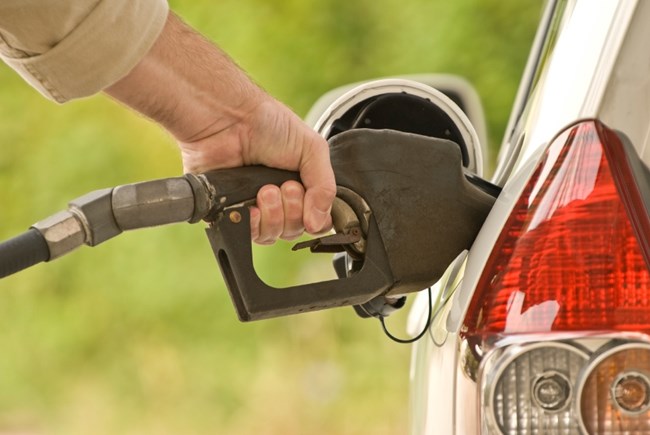We use cookies to ensure that we give you the best experience on our website. If you continue without changing your settings, we will assume that you are happy to receive all cookies on the Business Car website. However, if you would like to, you can change your cookies at any time

The start point for the best source of fleet information |
Don't forget petrol and diesel management, fleets told
Date: 28 March 2019 | Author: Sean Keywood

Fleets need to make sure they stay on top of petrol and diesel vehicle management basics despite moves in the industry towards electrification, according to leasing company Arval.
The firm says that while fleets should and will adopt large numbers of plug-in vehicles during the next few years, petrol and diesel power will still account for the majority of sales for the immediate future.
Arval's project manager for fuel, Janet Eastwood, said: "There are clearly a lot of exciting developments under way at the moment in terms of the fuel choices becoming available to fleets, and it is pleasing to see how the industry is taking these new options seriously.
"However, it is important there is recognition that, for the next few years at least, petrol and diesel power will continue to form the core of most fleets, especially if you include hybrids and PHEVs [plug-in hybrid electric vehicles] in that total.
"For most organisations, good fuel management - in terms of controlling costs - and minimising environmental impact will include continuing to work hard to reduce petrol and diesel use. This should remain a priority as we move to a more diverse fuel mix."
Eastwood said the basics of good fuel management had not changed for many years, and centred around fleet-wide fuel card adoption.
She said: "Without a fuel card, getting a grip on your petrol and diesel expenditure is very difficult.
"What a fuel card provides is purchasing control plus solid and accessible reporting about the amount of fuel being used, who is using it and where it is being bought.
"In addition, it allows easy VAT reclaiming and delivers massively reduced administration and paperwork."
Eastwood said the data resulting from fuel cards made it possible for managers to consider fuel spend across their entire fleet, and make management decisions accordingly.
She said the issue was particularly pressing where fleets had responded to air quality concerns about diesel by upping their number of petrol vehicles.
She said: "While this generally makes sense, even the most economical petrol models tend to use more fuel than the equivalent diesel.
"This makes careful management of fuel use even more important and should prompt these businesses to increase their focus on fuel and perhaps even look at adopting measures such as carbon mitigation schemes."
Eastwood added that Arval plans to introduce an electric charging element to its fuel card offering shortly, but that management of electric vehicles would ultimately be quite different to fossil fuels due to home and workplace charging.











